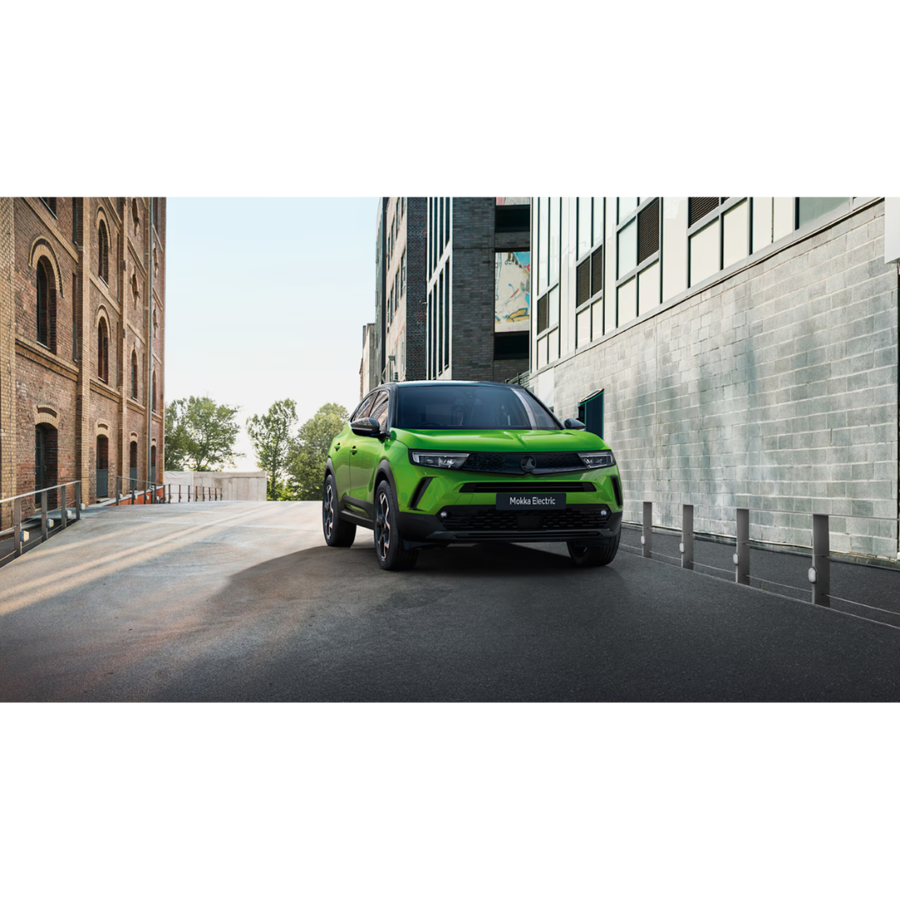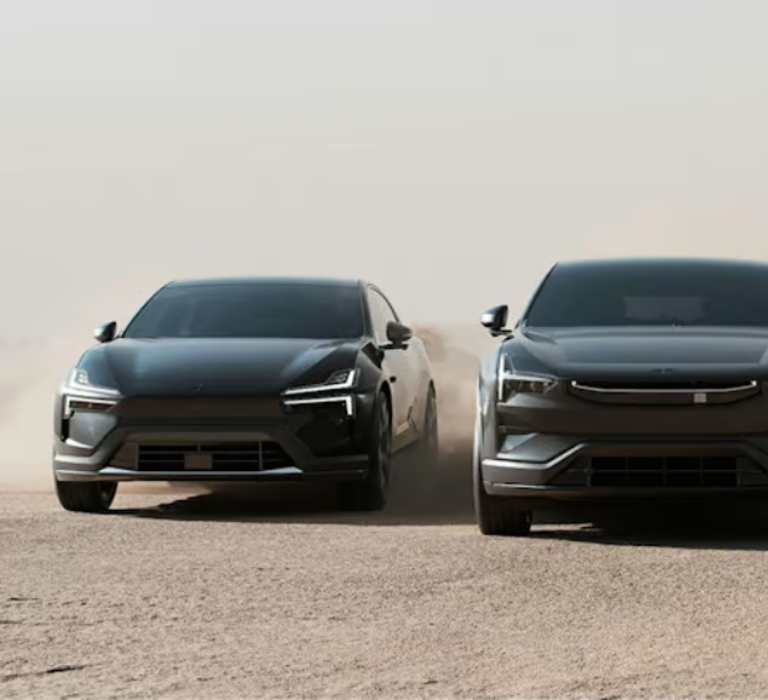The first thing you’ll need to do is figure out your budget. While leasing typically involves a lower upfront cost than buying a car outright, knowing how much you can afford in monthly payments is still essential. You’ll need to consider the monthly lease amount, things like insurance, road tax, and any additional charges you might face at the end of the lease term.
While monthly payments are generally lower than loan payments, ensuring the amount fits comfortably into your finances is essential. A higher deposit upfront may reduce your monthly payments, but be mindful of how much you can realistically pay. Remember that some lease deals include extra costs such as servicing or maintenance, so you’ll want to check if these are bundled into the contract or if they’ll be an additional cost.

Leasing contracts can differ significantly, so checking the fine print before committing is essential. The duration of your lease is one of the most critical factors, as it will determine how long you're locked into the agreement. Most car leases range from 24 to 48 months, and the lease length can affect your monthly payments. Generally, longer terms lead to lower payments, but it's a trade-off, as you'll tied to that car for a more extended period.
Another thing to consider is whether the lease includes maintenance or servicing. Some leases bundle these costs into the monthly payment, which can be convenient, while others don't allow you to budget separately for servicing and repairs. Check whether you'll be responsible for maintenance during the lease term.
It's also important to know what happens at the end of the lease. You'll probably have a few options, including returning the car, buying it at a set price, or swapping it for a new one. Knowing your end-of-lease advance can help you decide which contract best suits your long-term plans.

Take some time to think about how you use your car daily. If you drive long distances regularly, you may want a car with excellent fuel efficiency, or if you often transport family or pets, a larger vehicle might be a better fit. Many leases come with mileage limits, so consider how many miles you expect to drive each year. Going over the agreed mileage can lead to hefty penalties at the lease’s end, so choosing a mileage plan that suits your driving habits is crucial. And if you’re constantly on the move, you might want a comfortable car for longer journeys, while city drivers might prefer something smaller and more compact.
